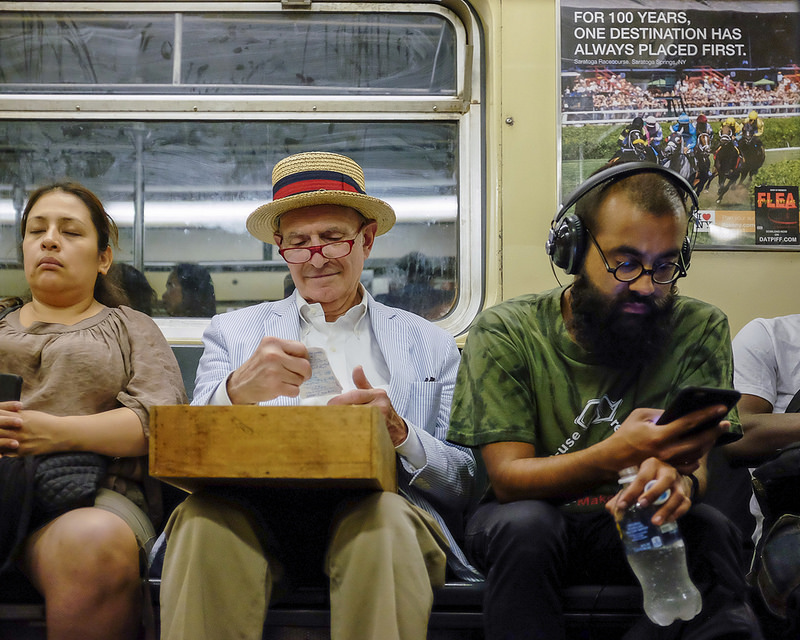In a nutshell, it says that we board the train of life at birth, where we meet our parents. We think we’ll always be with them, but in the usual course of events, they disembark along the way. In the meantime, others climb on board – siblings, spouses, children, friends, colleagues. Some of these folks depart, too, leaving a permanent vacuum in our journeys.
Our rides are full of joys, sorrows, hellos and farewells, the analogy says. So far so good, don’t you think?
But then it falls apart in ways large and small. For instance, the last version I saw added “fantasy” and “expectations” to this short list of life’s components; whoever wrote it certainly has a peculiar idea of what life is all about.
Worse, observing that we don’t know when our journeys will end, this version concludes thusly: “So, we must live in the best way, love, forgive and offer the best of who we are. It is important to do this because when the time comes for us to step down … we should leave behind beautiful memories for those who will continue to travel …”
So that’s what life is all about, according to whoever wrote this? To leave behind beautiful memories for those who knew us?
This is apparently becoming a prominent worldview these days: Either there’s ultimately no purpose to life, no afterlife or hope of eternal life – or if these things do exist at all, they’re lurking somewhere in the “impossible to know” realm.
Still, I think the “train of life” is an analogy we can rescue: Adding, for example, that if we devote ourselves to our relationship with the Conductor rather than with the other passengers … if we concern ourselves with repenting of our failures to live according to His itinerary, and trust Him to have paid the penalty for those failures – why, then we can sit back and enjoy the ride, because He has promised that our last stop will be heaven and eternal joy.
Eternal joy, as in "happily ever after."
Just one more thing: we must not forget to tell the other passengers about this Conductor and His perfect destination, or to persuade them to trust in Him themselves. After all, we don’t want even the most unpleasant of them to get off at the wrong station.

 RSS Feed
RSS Feed